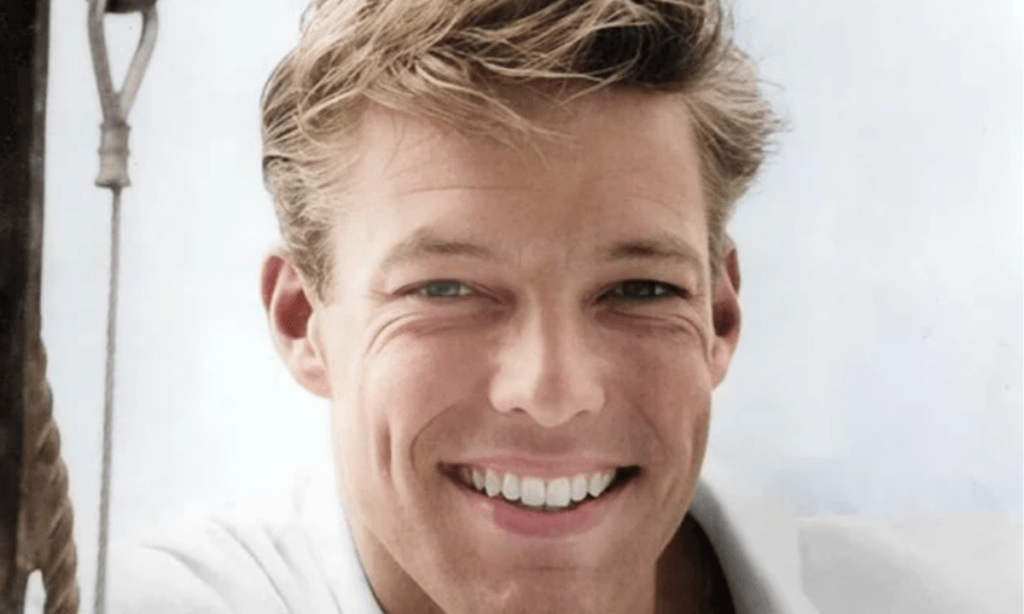
Richard Chamberlain became the golden boy after Dr. Kildare – this is him today, at 88
Richard Chamberlain captured hearts worldwide during the 1960s, emerging as a beloved actor adored by audiences of all ages.
To me, he epitomized the quintessential heartthrob of television during that era, gracing numerous popular shows and films with his charismatic presence.
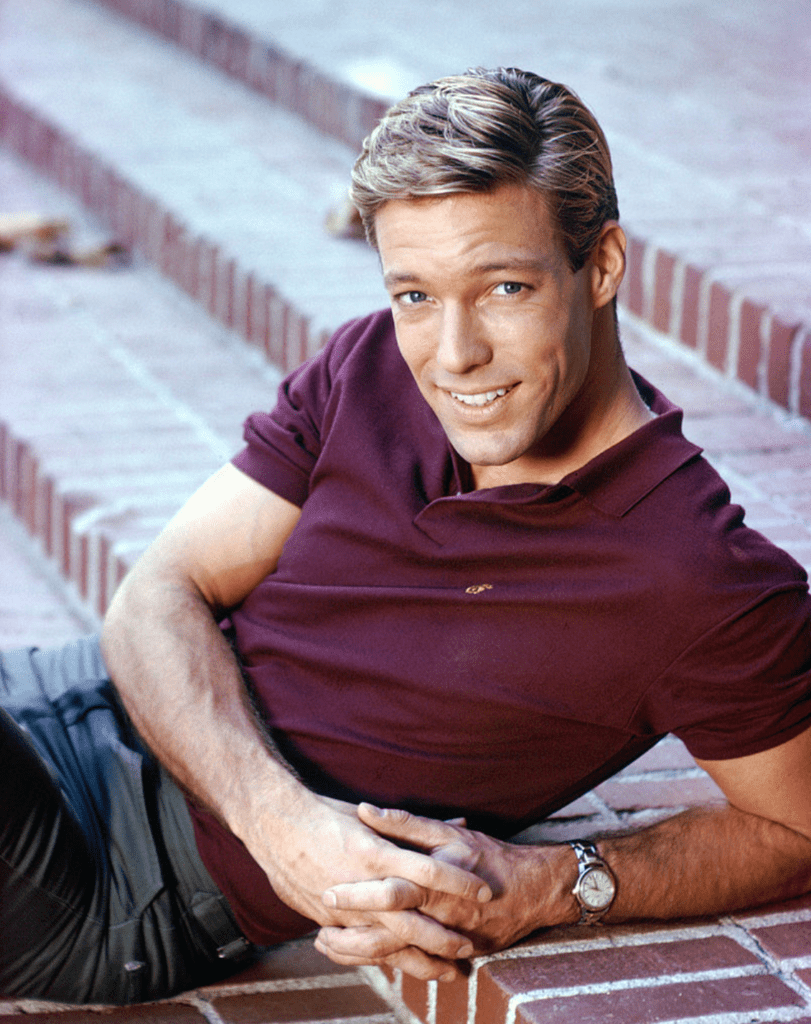
However, Chamberlain’s journey has been marked by significant personal challenges, including the weight of concealing a profound secret for many years. Today, at 88, he stands as a testament to resilience and authenticity.
Reflecting on the 1960s, one indelible memory for me is watching Richard Chamberlain on television, particularly in his iconic role as Dr. Kildare.
Chamberlain seemed tailor-made for the part, exuding a magnetic charm and intelligence that left audiences enraptured. As one quote aptly describes him, “The slim, butter-haired hunk with near-perfect Ivy-League charm and smooth, intelligent demeanor had fans swooning over him without reservation.”
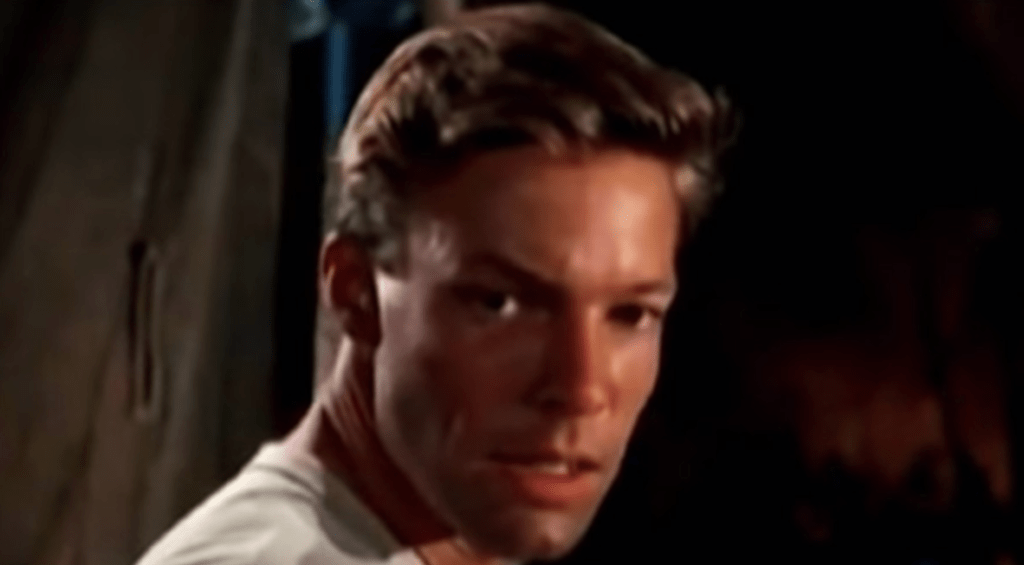
I count myself among those admirers, a sentiment shared by countless others, as Richard himself acknowledges later in this narrative.
Yet, Richard Chamberlain transcended the confines of his heartthrob status to portray a diverse array of characters, even as he navigated the complexities of fame.
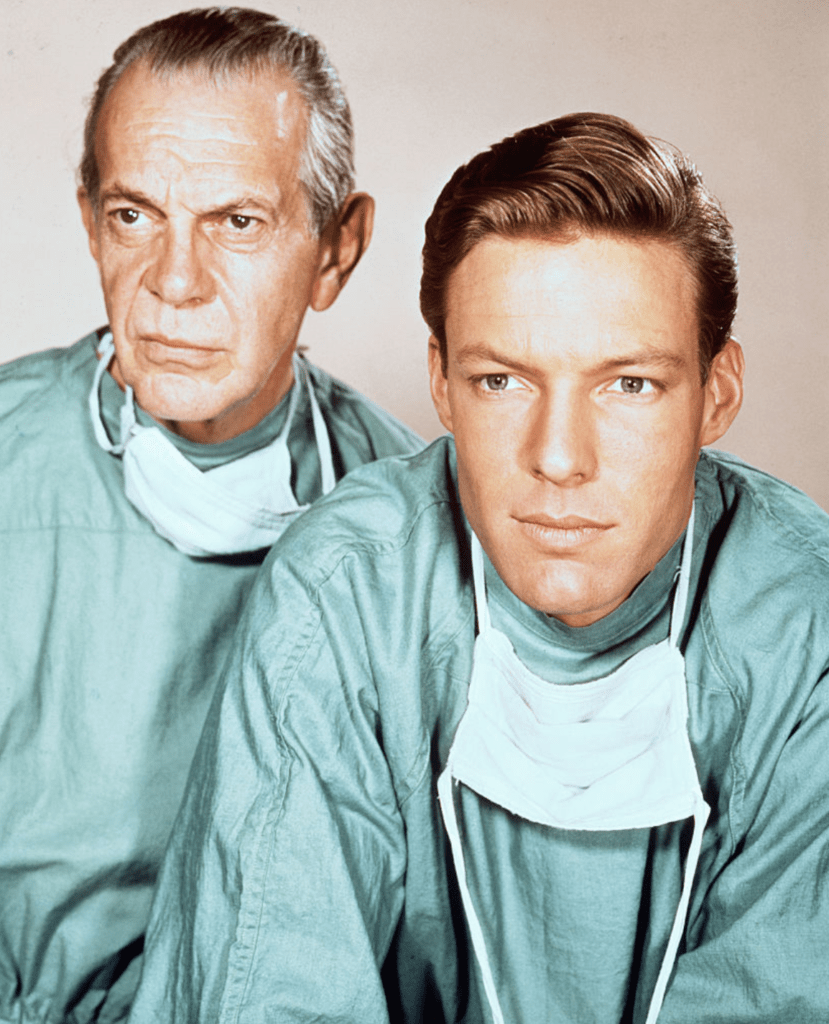
Beneath the veneer of adulation, he harbored a significant secret – his identity as a gay man, concealed for years. This is the multifaceted story of Richard Chamberlain – and this is him today, at 88.
Richard Chamberlain – Early Life Richard Chamberlain entered the world on March 31, 1934, in Beverly Hills, California. As a child, he found solace in radio dramas and mysteries, cultivating a love for storytelling from a young age.
Although he struggled with self-confidence and uncertainty, Chamberlain’s fascination with acting grew during his time at Pomona College. He found his footing on stage, earning acclaim for his performances in college productions.
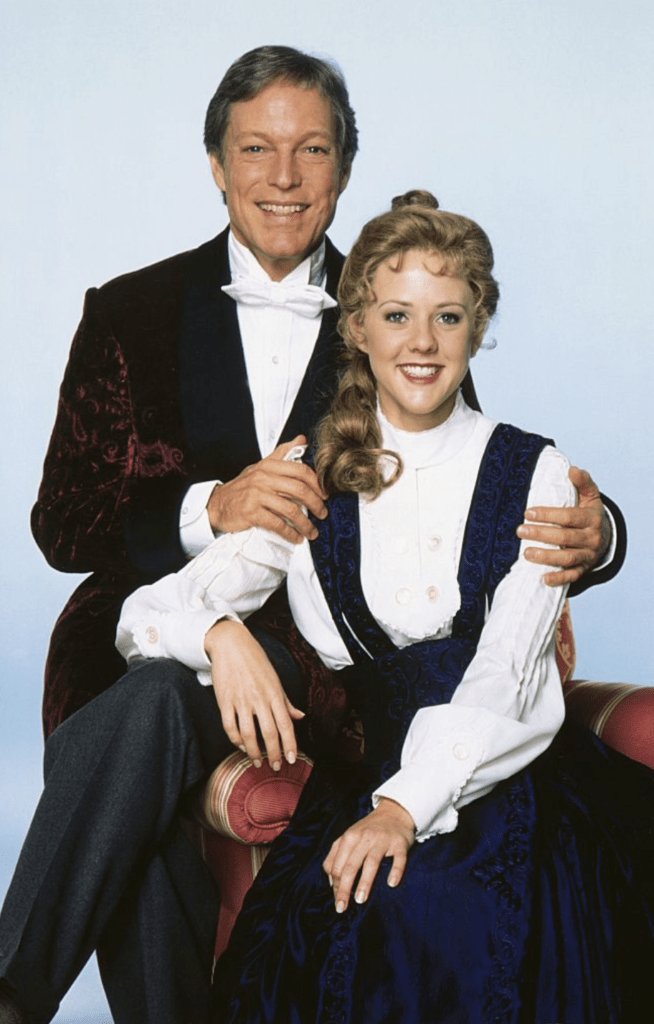
Richard Chamberlain – Career Following college, Chamberlain embarked on a quest for stardom, catching the eye of Paramount Pictures. However, his aspirations were temporarily interrupted by military service during the Korean War.
Upon his return, Chamberlain set his sights on Hollywood, landing roles in various productions. However, it was his portrayal of Dr. Kildare in the eponymous medical series in 1961 that catapulted him to stardom.
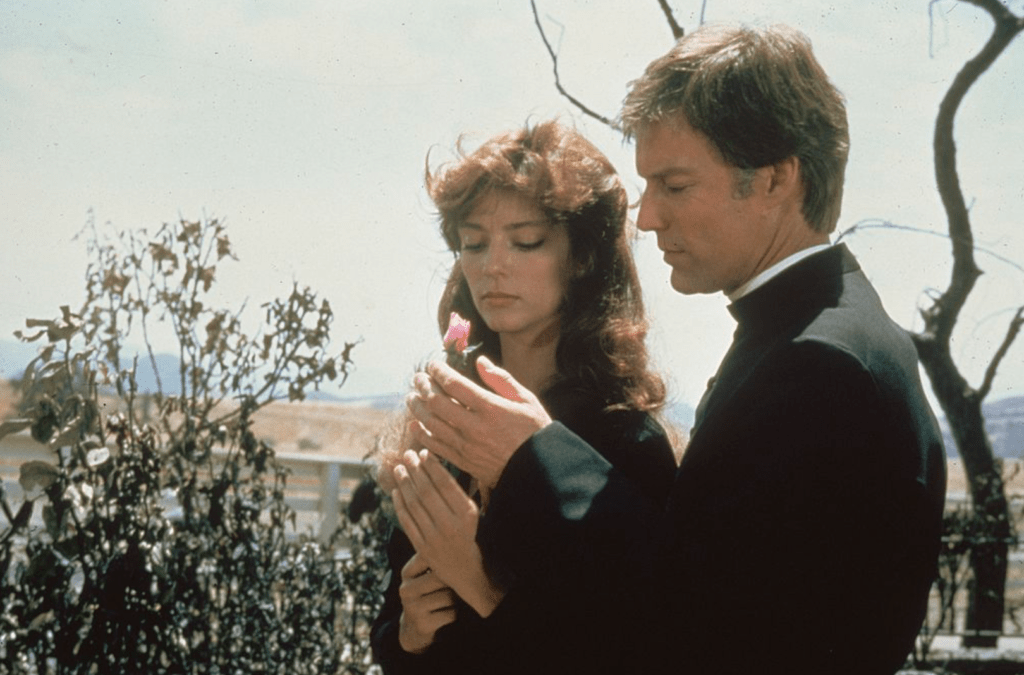
Dr. Kildare’s compassionate depiction resonated deeply with audiences, propelling the show to international acclaim. Chamberlain’s portrayal earned him accolades, including a Golden Globe Award, and solidified his status as a television icon.
The show’s success thrust Chamberlain into the spotlight, inundating him with fan mail and adoration. Yet, amidst his burgeoning fame, he yearned for creative fulfillment beyond the confines of his television persona.
Despite MGM’s efforts to capitalize on his popularity, Chamberlain sought to explore new avenues of artistic expression. He transitioned to the stage, starring in a series of theatrical productions, both in the United States and abroad.
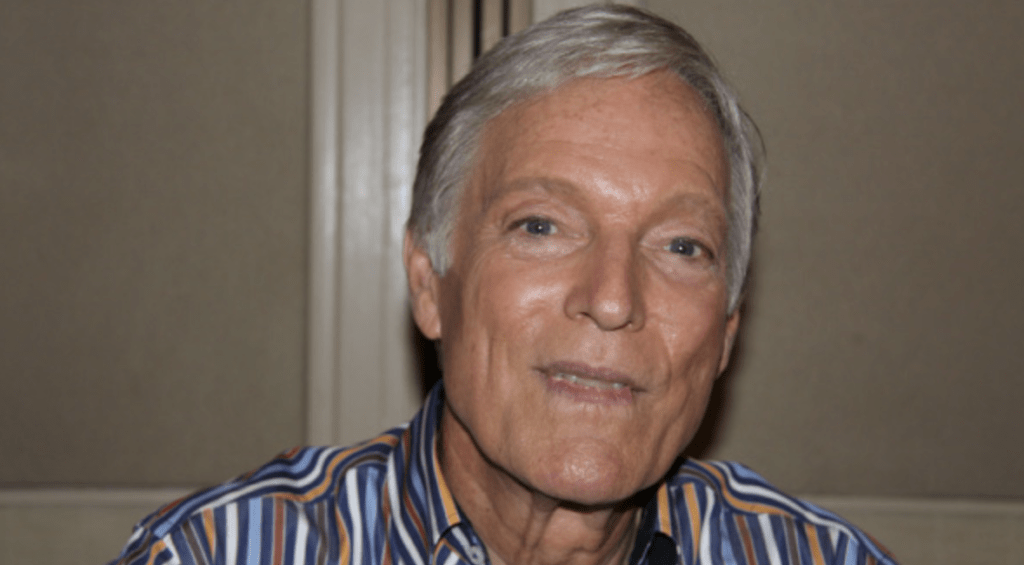
In the 1980s, Chamberlain experienced a resurgence with acclaimed performances in “Shogun” (1980) and “The Thorn Birds” (1983). The latter, in particular, garnered widespread acclaim, earning Chamberlain critical acclaim and accolades.
Richard Chamberlain – Embracing Identity Throughout his career, Chamberlain grappled with the burden of concealing his identity as a gay man. Despite societal pressures and personal struggles, he ultimately chose to embrace his truth.
In his memoir “Shattered Love,” published in 2003, Chamberlain courageously came out, offering a candid glimpse into his journey of self-discovery. His decision to live authentically, even in his later years, exemplifies his unwavering courage and integrity.
